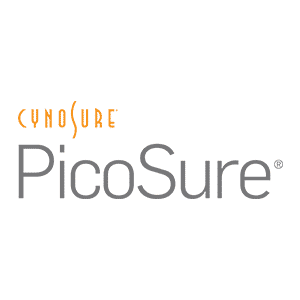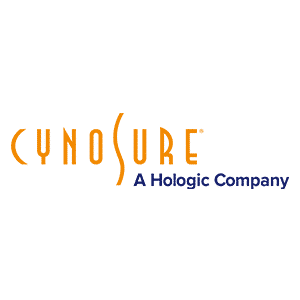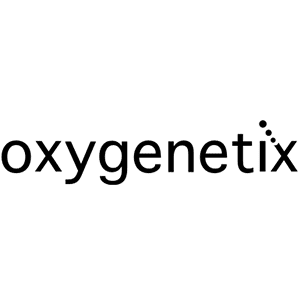It is very common for patients to become frustrated with acne treatment results. Often patients feel they have tried everything but still have acne and many patients can become quite despondent and disillusioned.
The top 5 reasons that we find for failure of acne treatment are:
- No personalised acne management plan
- Wrong topical products
- Poor diet
- Poor compliance (i.e. not following instructions)
- Unrealistic expectations
1) No personal acne management plan
We find many patients we see have often been told different things by different people on how to best treat their acne and often try one thing, then when this hasn’t worked quickly, move on to try something else. For optimal results with acne treatment, patients need a personalised acne management plan.
Every individual with acne has a different set of circumstances that need to be factored into working out the best treatment plan including such things as genetics, skin type, history of other skin problems, type of acne, location of acne, effect on quality of life, aggravating or triggering factors, diet, hormonal factors, other medications, previous treatments, duration of past treatments and their effectiveness and side effects.
Another common problem we see is that a patients acne has been treated with a single line of treatment approach rather than a multiple pronged approach. Acne is caused by multiple factors and each of them needs to be addressed for the best results, for example even if patients are on antibiotics to target bacteria and infection they still need to be using appropriate topical products to target excessive oil production and follicle obstruction.
It is also very important that any acne treatment plan includes periodic review not only to check on progress but also to consider modification to include other treatment options when necessary. What is the most effective acne treatment at one point in your life may not necessarily be the most appropriate at another point. For example if a teenager starts on the oral contraceptive or a woman becomes pregnant this can significantly alter the acne management plan.
2) Wrong Topical Products
When we talk about the wrong topical products a patient may be using, it may be referring to the wrong choice of a topical acne treatment, the wrong combination of an over the counter product with a prescription product, or the wrong use of other skincare products.
Inappropriate use of skincare products can be an aggravating factor in acne (i.e. comedogenic). All ointments are comedogenic whilst water based and alcohol based products are generally safe. Traditional makeup is usually mineral oil based and is comedogenic where as mineral powder based makeup is generally safe. Many sunscreens can also be comedogenic as they are generally suspended in an oil base so in acne prone patients alcohol based sunscreens are better.
Appropriate topical products for the treatment of acne need to be aimed at cleansing, exfoliating and decongesting excessively oily and blocked skin.
3) Poor Diet
If diet is neglected then it can be much harder to control acne and a poor diet can often be the explanation for acne treatment failure.
Studies show a diet low in high glycaemic index carbohydrates can lower inflammation and improve acne control. In particular it is important to reduce your intake of sugars, refined carbohydrates, junk food and avoid soft drinks. Excess consumption of cow’s milk has also been linked to acne but it is still important to maintain 3 serves of dairy each day in your diet.
4) Not Following Instructions
For optimal results attention to detail is important. For example using topical products less frequently than instructed can result in little or no improvement and using topical products more frequently than instructed can lead to excessive skin irritation, dryness, redness and inflammation which can exacerbate acne. Using topical products in the correct sequence can also impact on effectiveness.
5) Unrealistic expectations
Acne is a chronic skin disorder and it takes time to effectively treat acne. It will not happen overnight, so do not expect completely clear skin in a matter of days. It may take 3 months to see optimal results, but with an appropriate acne management plan you can expect to see a gradual improvement in skin texture, oil production and number of new acne lesions over 1-3 months.













